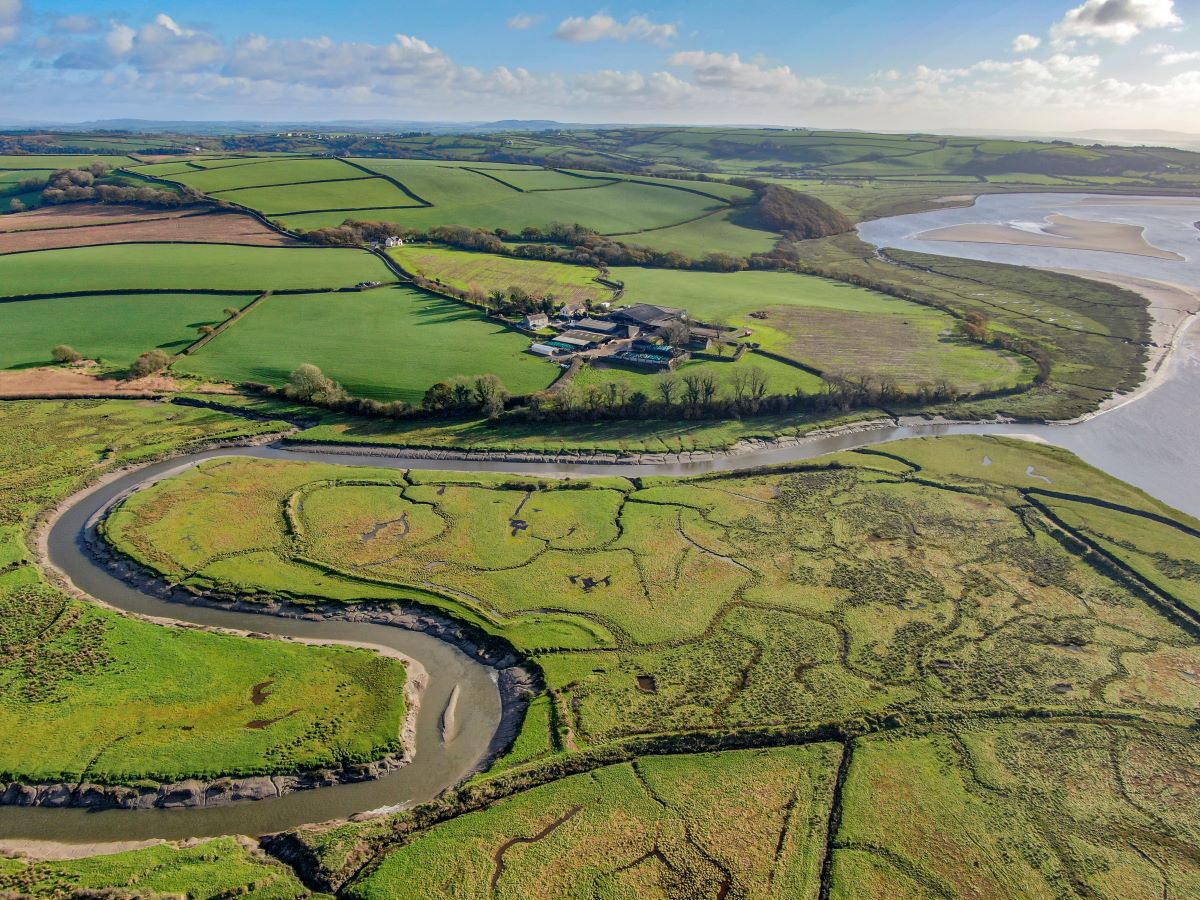The rise of the green investor and the increasing diversity of UK land buyers
We've noticed a new trend in the UK land market. More buyers are interested in rewilding, biodiversity and the environmental value of the land. Our Farms and Estates team explain why.
2 minutes to read
Our Farms and Estates team manages the acquisition and sales of farms, rural estates and land across the UK. Recently, they've noticed a new type of buyer entering the market. Increasingly, buyers want a more stable investment choice or an option for meeting biodiversity targets.
There are several reasons UK farmland is seen as a robust investment. Its continuous strong performance against other asset classes makes it a safe haven for balancing investors’ portfolios. It acts as a hedge against inflation, particularly with such economic turbulence. In addition, agricultural land is also (currently) efficient from an Inheritance Tax (IHT) perspective.

Will Matthews, Head of Farms and Estates notes,
“In addition to the traditional reasons for branching into agriculture, we're seeing an additional driver - the environmental latent value of farmland. There are numerous opportunities for uplift in land value and income potential for marginal land unsuited to commercial agriculture. These include biodiversity schemes, carbon offsetting, renewables and tree planting, which will benefit from private and public sector funding.”
We’ve seen a whole new raft of buyers coming into the market. In 2022, 11% of our farms and estate sales were bought by environmental and charitable purchasers for environmental enhancement and rewilding.

The current environmental driver is the new legislation for developers. Biodiversity Net Gain requirements and farmland will likely be required to help meet these.
We anticipate higher demand and value for land around local authorities with a low housing supply. In particular, land immediately next to potential development areas that could be included within the red line boundary and so ‘onsite’. Those not in areas of high development can still benefit by registering for statutory biodiversity credits.
These new environmental buyers seem very keen on the idea of ownership and they have specific criteria principally around control. Land sold without sporting rights or direct road access would be less likely to appeal.